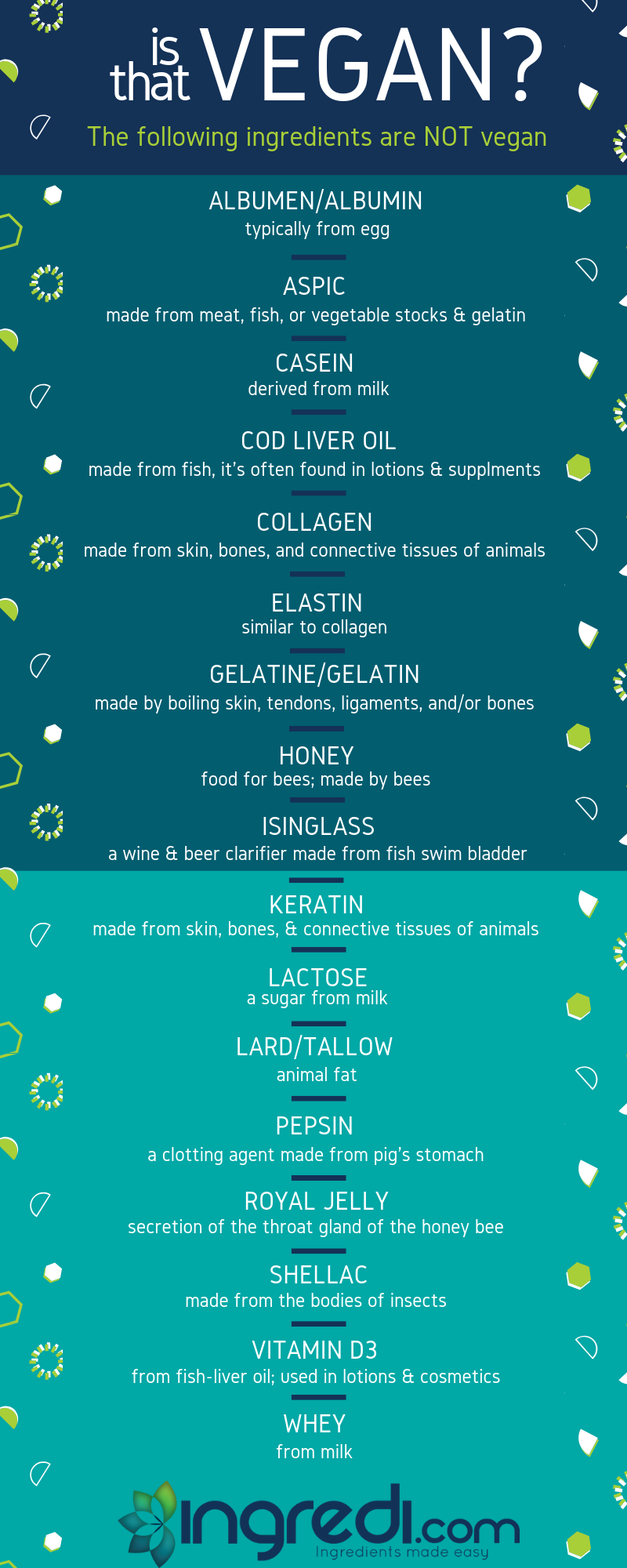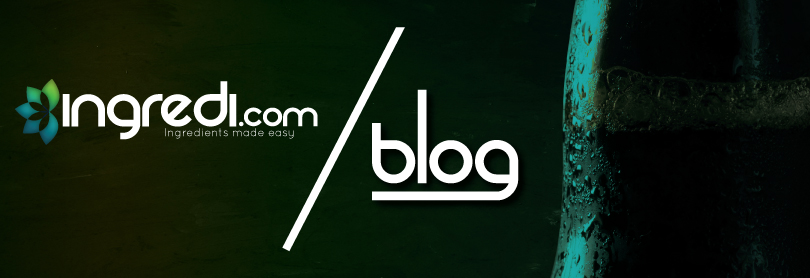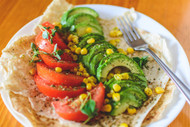What is a Vegan and How Can You Adapt to a Vegan Lifestyle?
By on Apr 9th 2019
As more people turn to plant-based diets, it has become increasingly important for all industries to become aware of what a vegan lifestyle means. This trend towards veganism and plant-based diets is a global one. In 2014, just 1% of Americans claimed to be vegan, according to one report. By 2017, that number was up to 6%. According to a 2016 Ipsos MORI survey for the Vegan Society, over 3% of adults never eat meat. And for countries like Portugal, the rise in vegetarians has risen 4-fold over the past decade; it is estimated that about 120,000 people follow a vegetarian diet, and at least 60,000 of them practice a vegan diet.
While there are many forms of veganism, it’s a good idea to have a general sense of the term, especially when it comes to determining whether or not your products are, in fact, vegan-friendly.
What is Vegan/Veganism?
Since the 1940s, veganism has been a way of life for many individuals who wish to avoid the exploitation and cruelty of animals. Veganism, in its simplest form, is the practice of minimizing harm to all animals. The practice of not harming animals requires abstention from animal products both in food and other lifestyle products.
Vegan Diet
When it comes to food, vegans exclude meat, fish, eggs, dairy products, and all other animal-derived ingredients from their diet. Vegans may or may not also exclude products that are processed using animal products. For example, wine may not be vegan depending on what fining agents are used. Sugar is another contentious product for vegans because the sugar industry often uses bone char as a decolorizing filter to create white sugar. Bone char is made from cattle bones.
When it comes to sweeteners, vegans may use vegan sugars or sugar substitutes like agave nectar, maple syrup, or stevia. Beet sugar is also a vegan favorite because it is never processed with bone char. Honey is most often not considered an acceptable vegan sweetener because it is made by animals (bees).
Most vegans are avid label readers to better look out for non-vegan food ingredients. However, while some ingredients are easy to identify, such as whey, shellac, tallow, and gelatin, some are not as easy to discern as vegan-friendly or not. For example, while calcium propionate (a preservative commonly found in bread) may seem like it’s not vegan, it is! Potassium sorbate is also vegan.
We created this infographic as a quick reference to some of the more common non-vegan ingredients used in food, drink, and other household products:

Vegan Lifestyle
For many, living a vegan lifestyle goes beyond avoiding animal products in food and drink. Veganism affects clothing choices, cosmetics, and other household products, too. For this reason, all industries should consider veganism and how it may affect them, their products, and their consumers.
When it comes to clothing, cotton, acrylic, canvas, and faux leather are generally preferred over wool (made from sheep), silk (produced from silkworms), and leather (animal hide).
Those abstaining from animal products also pay attention to the ingredients in their cosmetics and household products. The use of ingredients like lanolin, beeswax, honey, collagen, vitamin D3, or carmine will render a product not to be vegan-friendly.
The presence of lactic acid, mono or diglycerides, and stearic acid may or may not classify a product as not vegan. While all can be derived from animal fat, they can also be derived from plants. If they’re derived from plants, it should say so on the label; otherwise, the best practice is to assume the product is not vegan-friendly.
When looking for vegan-friendly ingredients at ingredi.com, you can find more information on individual product pages under Information & Data Sheets.






